Mortgage Loans
Section Menu
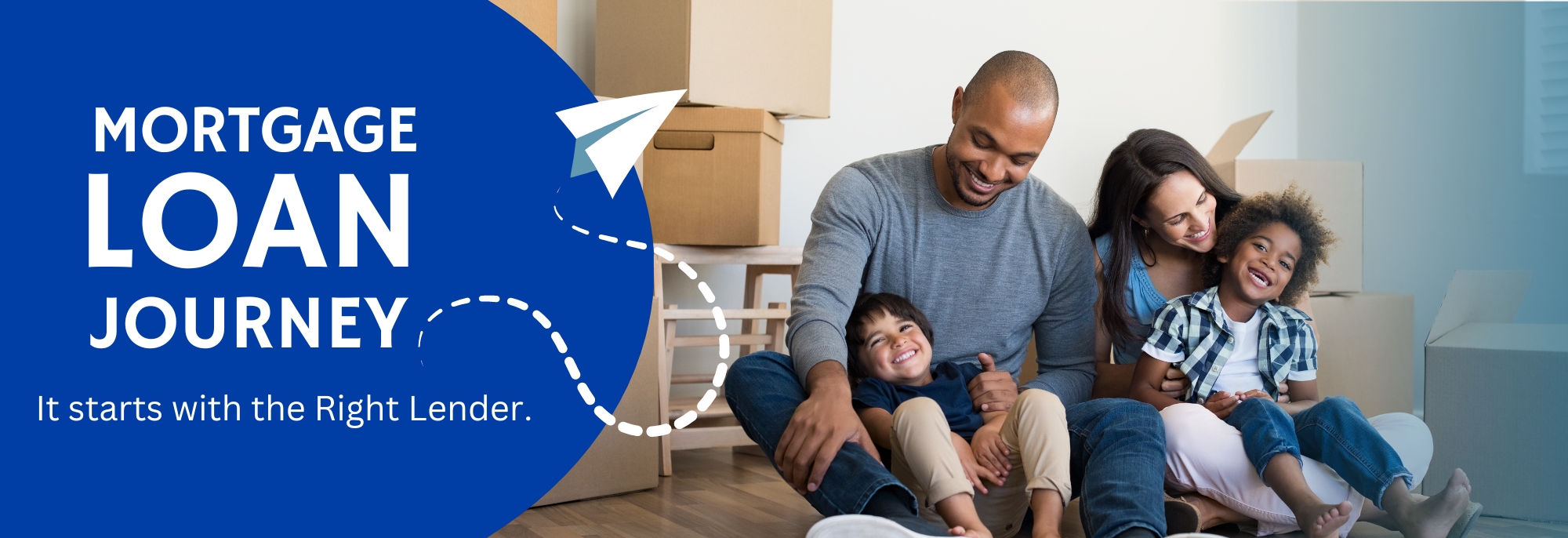
Where are you in the home buying journey?
- I want to know how much home I can actually afford. Try our Mortgage Loan Calculator.
- I'm considering buying a house. You're invited to participate in a free, no-obligation mortgage loan consultation. Learn about loan types, down payment assistance programs, and the mortgage lending process. Select the "Schedule an Appointment" button to pick a time convenient for you.
- I need to prequalify for a mortgage loan before beginning my home search. Today, most real estate agents show homes to prequalified clients. Prequalification determines whether you are in a financial position to buy a home and approximately how much you may be able borrow. For mortgage loan prequalification, apply online or contact a lender for assistance.
- I'm buying a home without the assistance of a real estate agent and need a mortgage loan. Simply apply online or contact a lender to apply.
- I've applied for a mortgage loan through First National Bank and want to know the status of my loan. Visit the online mortgage portal to check on the status of your loan or upload any required documents.
Home Mortgage Loan Options
In addition to the following loan options, First National Bank also offers Bridge Loans for those caught between selling their existing home and buying a new one; and Home Construction Loans for those individuals working with a contractor to build their new home.
.jpg)
|
CONVENTIONAL FIXED-RATE
- Low down payment requirement. Up to 97% financing.
- PMI. Borrower is required to pay private mortgage insurance (PMI) if making less than a 20% down payment; can cancel PMI once you've gained 20% equity in your home.
- Fixed rate. Fixed-rate loan throughout the term.
- Choice of loan term. Choose loan term of 10, 15, 20 or 30 years.
- No application fees.
- No prepayment penalty.
- Loan refinancing. If you already have a mortgage and want to refinance for a different interest rate or different loan term, this loan may also be a good fit.
|
BALLOON PAYMENT2
- Down payment requirement. Up to 80% financing.
- Shorter loan term. First National Bank offers a 15-year fixed-rate balloon payment loan.
- Longer amortization period. Loans are amortized over 30 years. This longer amortization benefits the borrower with a lower initial rate and payments are spread over a longer term.
- Lower initial payments. Monthly payments are typically lower compared to fully amortizing loans because they may cover only interest or a small portion of the principal.
- Large final payment. The balloon payment at the end of the term can be substantial, often requiring refinancing, selling the asset, or having a plan to pay it off.
- Loan refinancing. Qualified borrowers can refinance their loan when it matures at the current rate available.
|
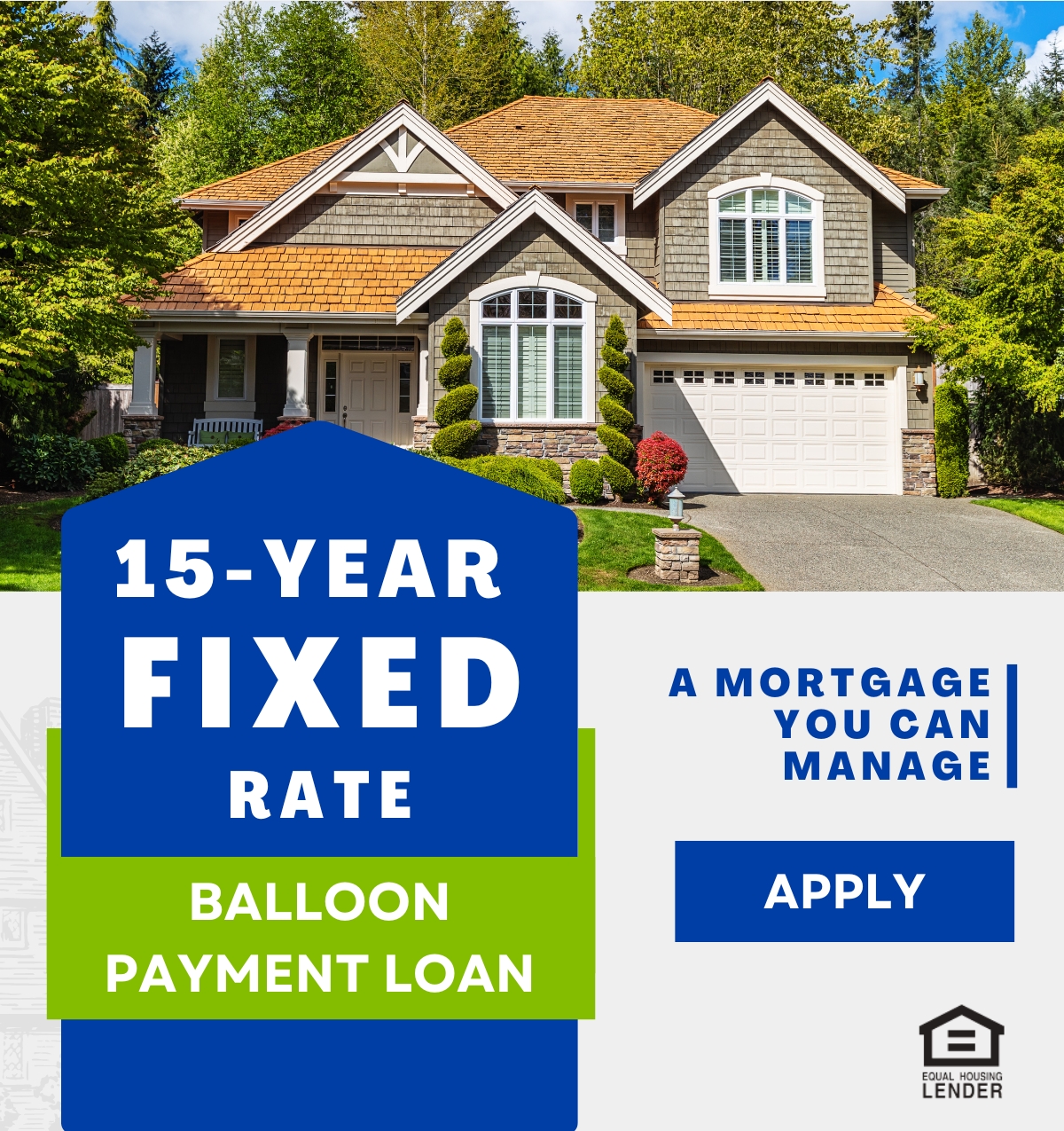 |
(1).jpg) |
FEDERAL HOUSING ADMINISTRATION (FHA)
- Low down payment. FHA loans require a minimum down payment of 3.5%.
- Mortgage insurance. Borrowers must pay an upfront mortgage insurance premium (MIP) and annual premiums.
- Flexible underwriting standards. These loans are more lenient regarding debt-to-income ratios and other financial criteria.
- Primary residences only. FHA loans can only be used for primary residences, not for investment properties or vacation homes.
- Property condition requirements.
|
VETERANS AFFAIRS (VA) HOME LOAN
- No down payment. No down payment is required, making it easier to purchase a home.
- Fixed-rate loan. First National Bank offers a 15-year fixed-rate VA home loan.
- No Private Mortgage Insurance (PMI). Borrowers are not required to pay PMI, which can save money over the life of the loan.
- Flexible credit requirements. VA loans have more lenient credit requirements, making them accessible to more borrowers.
- Applicant qualification requirements. VA home loans are for active duty servicemembers, former members of the armed forces, or spouse of a servicemember who dies in the line of duty or as the result of a service-related disability with certificate of eligibility.
- Lifetime benefit. The VA home loan is a lifetime benefit. You can use the guaranty multiple times.
|
.jpg) |
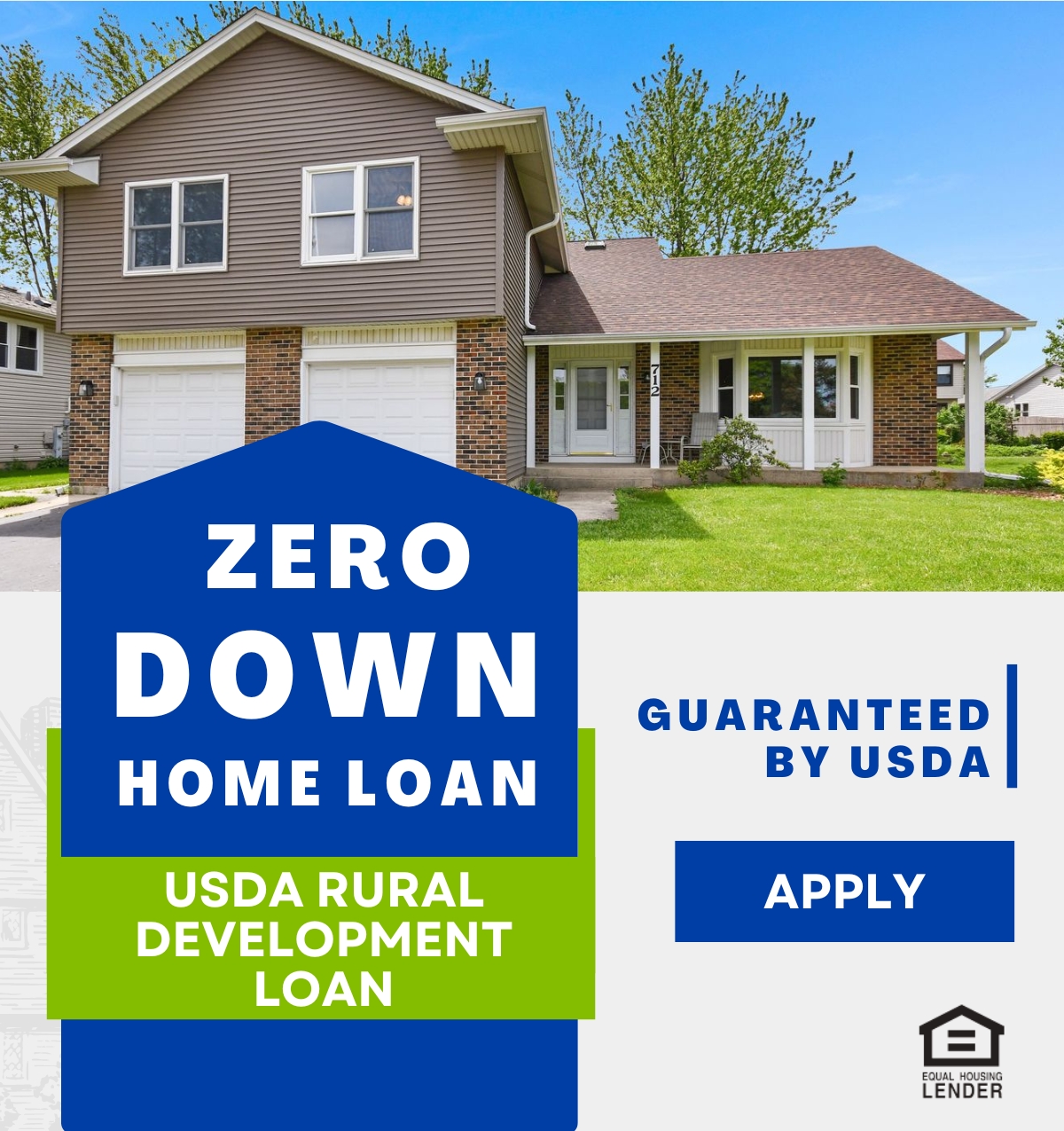 |
USDA RURAL DEVELOPMENT LOAN
- No down payment. Up to 100% financing.
- Lower interest rates. These loans typically offer lower interest rates compared to conventional loans.
- Flexible credit requirements. USDA loans have more lenient credit requirements, making them accessible to more borrowers.
- Primary residences only. The property must be used as the borrower’s primary residence.
- Income limits. Borrowers must meet certain income limits, which vary by location and household size.
- Location restriction. Home being purchased must be located in a small community with less than 20,000 in population.
|
Homebuyers' Resources
Homebuyer's Guide
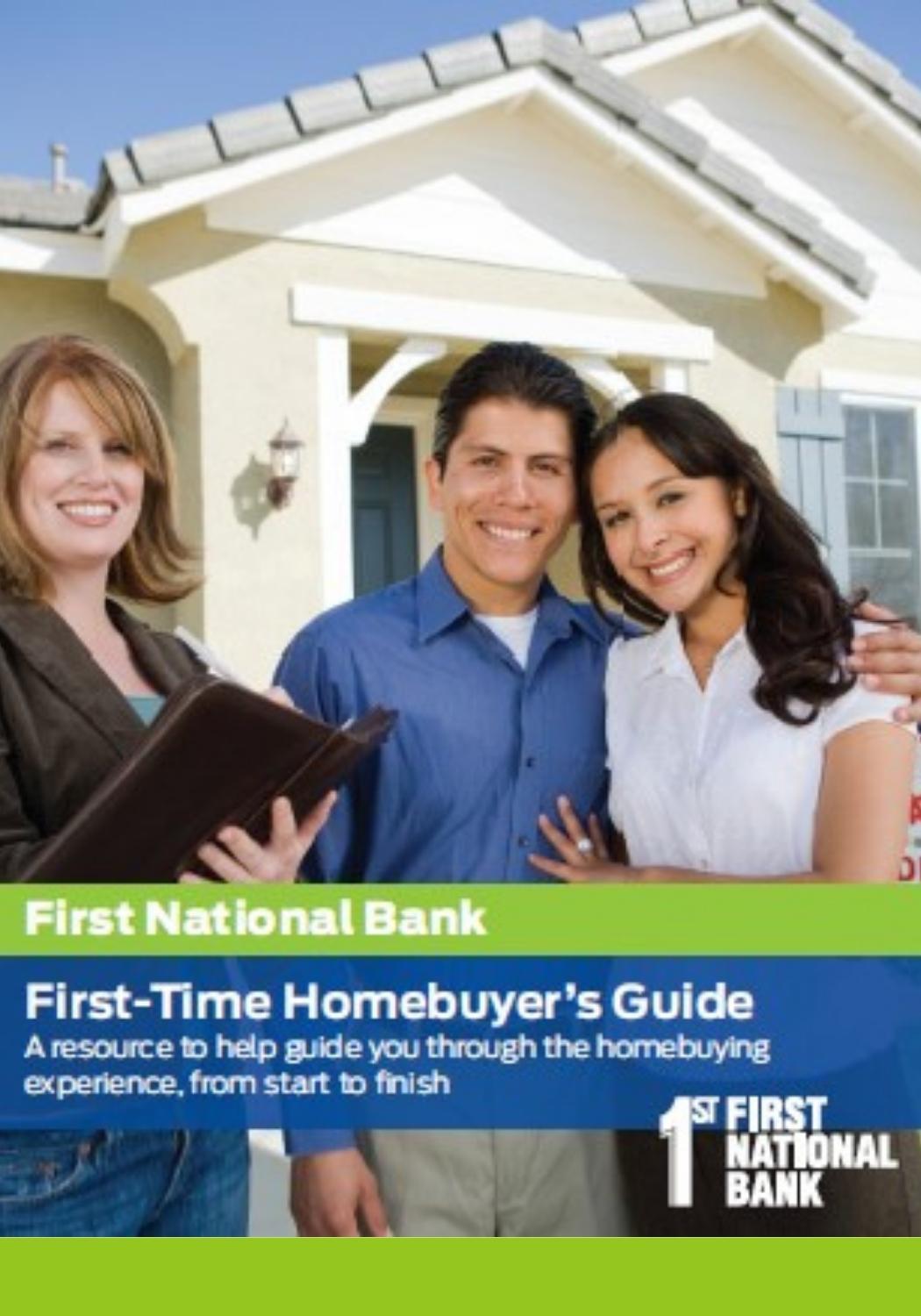
Step-by-step, everything you need to know and do before buying a house.
Free Download
|
Mortgage Loan Process

|
Additional Resources
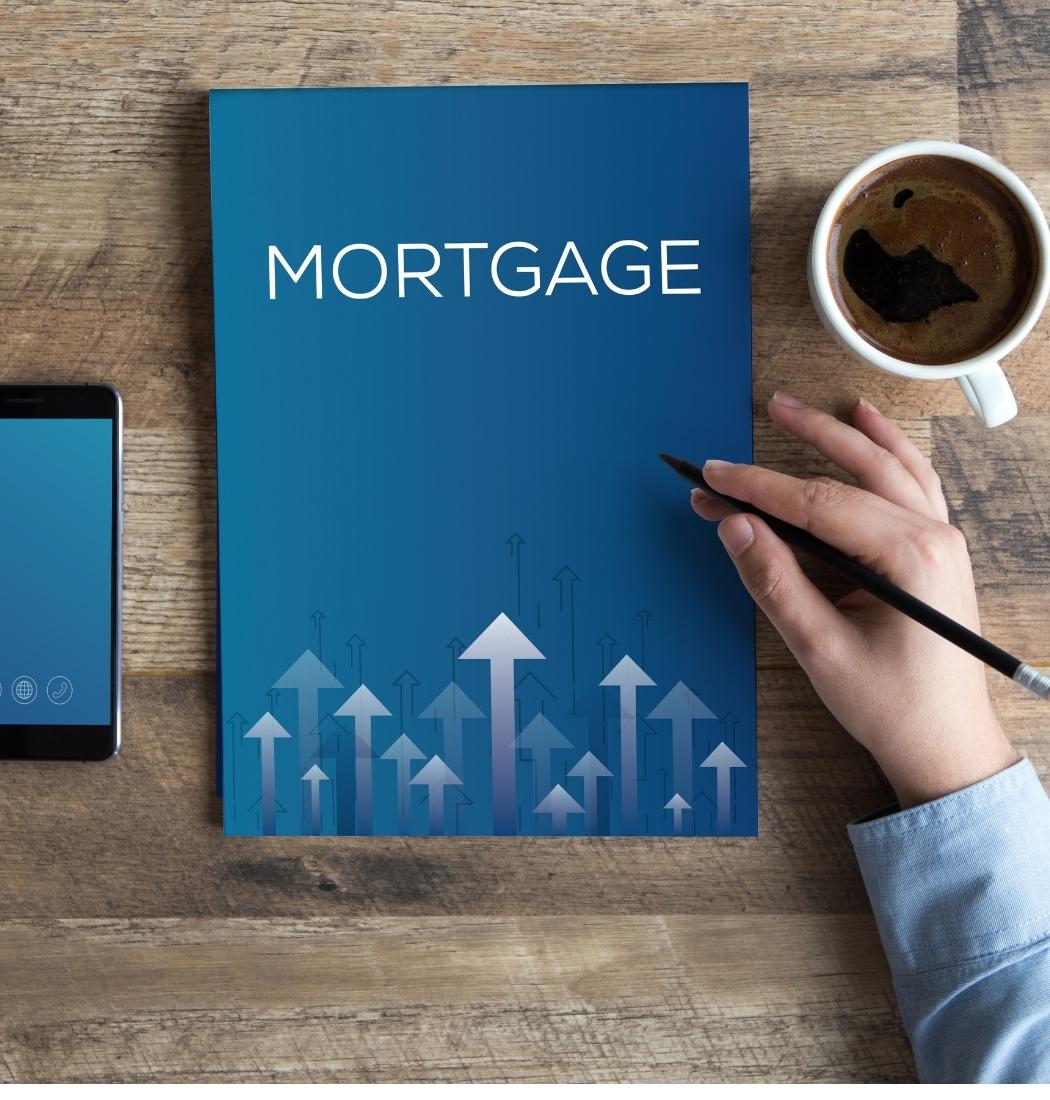
|
Mortgage Loan Roadmap
One of the most common stress triggers during the home buying process is unfamiliarity with the mortgage loan process. By understanding the process, you'll feel more empowered and "in-the-know" throughout each step. In this video, we take you on a short journey along the Mortgage Loan Roadmap and break down the mortgage lending process into 11 steps, which will hopefully help keep the stress at bay.
You've Got Questions, We've Got Answers
Buying a home is one of the biggest financial decisions of your life. We want you to feel comfortable asking any question that comes to mind throughout the loan process.
-
-
How much money will I have to come up with to buy a home?
-
Well, that depends on a number of factors, including the cost of the house and type of mortgage you get. In general, you need to come up with enough money to cover three costs:
- Earnest money: the deposit you make on the home when you submit your offer, to prove to the seller that you are serious about wanting to buy the house. When you make an offer on a home, your real estate broker will put your earnest money into an escrow account. If the offer is accepted, your earnest money will be applied to the down payment or closing costs. If your offer is not accepted, your money will be returned to you. The amount of your earnest money varies.
- Down payment: a percentage of the cost of the home that you must pay when you go to settlement; the more money you can put into your down payment, the lower your mortgage payments will be.
- Closing costs: these costs cover various fees your lender charges and other processing expenses. When you apply for your loan, your lender will give you an estimate of the closing costs, so you won't be caught by surprise.
-
-
How much money do I need for a down payment?
-
Making a down payment of 20% is ideal because you can avoid paying private mortgage insurance (PMI), but realistically, you may be able to obtain a loan with a lower down payment. For instance, if you are a veteran, you are eligible for a VA loan, which requires no money down.
Your mortgage loan officer will walk you through all of your options.
-
-
Should I talk with the bank before looking at homes?
-
The answer is Yes! There are tons of reasons why you should talk with the bank and get prequalified before looking at homes. First and foremost, talking with the bank before looking at homes can help you understand exactly how much you can afford. You'll only get frustrated looking at home that list for $300,000, when you can only afford up to $200,000.
Another important reason to talk with the bank before looking at homes is so you understand exactly what costs are associated with buying a home. One of our mortgage professionals can give you advice on the types of financing available, and other costs you need to consider in order to close on a home loan.
-
-
What is the best way to improve my chances of being approved for a loan with better terms?
-
Increasing your credit score is one of the best ways to improve your chances of being approved for a loan with better terms. Aspiring homeowners should monitor their credit reports regularly and consider a few tips to boost their scores.
- Pay your bills on time. What lenders care about most is the likelihood that you’ll pay back your debts. Consistently making payments on time shows you are reliable and should increase your credit health. Late or missed payments can significantly harm your credit score, so if your issue is keeping track of bills, consider setting up automatic payments or payment reminders.
- Pay down your debt. Your credit utilization ratio compares the amount of debt you owe to the amount of credit you have. Lenders want to ensure you’re not borrowing more than you can pay back. Work to keep your credit utilization below 30 percent by paying off your credit card balances in full each month or making consistent payments throughout the month. Card companies will gladly accept payment anytime.
- Don’t open multiple credit cards at once. Every time you apply for a credit card or loan, it generates a hard inquiry on your credit report, which usually stays there for about two years. Too many hard inquiries in a short period of time may turn lenders off because they may think you’re looking for cash or on the cusp of racking up a lot of debt.
- Don’t close old credit cards. It can be tempting to get rid of old cards you don’t use, but the length of your credit history is a significant factor in most credit scores, and you risk shortening that length by closing your oldest credit cards. Unless the annual fees outweigh the benefits, consider putting a couple charges a month on that card to keep your credit history longer.
-
-
What if I have a credit freeze on my account?
-
If you or any co-borrowers have a FREEZE on your credit, you will need to contact the credit bureaus to lift the freeze before we can fully process your application. Let a Mortgage Lender know if we can help you with that process.
- Equifax: 1-800-525-6285
- Experian: 1-888-397-3742
- TransUnion: 1-800-680-7289
-
-
What is Opt-Out Prescreen?
-
During your mortgage loan application process, First National Bank performs a credit check that requires us to obtain and confirm information regarding your personal and financial background. This credit check includes, but is not limited to: your marital status, current and past employers, current deposit accounts, current and past consumer credit accounts, and your mortgage and/or rental history.
First National Bank does not share your information, but the credit bureaus can share it with third parties to market to you. “Opt-Out Prescreen” allows you to avoid receiving marketing information from third parties. We HIGHLY RECOMMEND that you opt out from the credit bureaus sharing before we request your credit report. You can officially opt out at www.OptOutPrescreen.com.
-
-
What is a First-Time Homebuyers Savings Account?
-
The First-Time Homebuyers Savings Account (FTHSA) is a special type of savings account that helps Iowans save for a first home. It includes provisions that allow individuals, including those who already own a home, to make tax deductible contributions into an account to be used by a designated person for certain expenses related to purchasing a home. The account must be opened at a financial institution in Iowa, including any First National Bank branch.
Here's how it works:
Open either a First National Bank Standard Savings account or Money Market account.
Each year, account holders may contribute an unlimited amount of money into their FTHSA. However, the amount of such contributions that a taxpayer may deduct from their Iowa adjusted gross income for tax purposes is limited. The maximum annual deduction is adjusted each year for inflation and differs depending on filing status.
Interest earned on account balances is exempt from state income tax.
Taxpayers may establish multiple accounts as long as each account has different designated beneficiaries.
Accounts can be opened in another person’s name. For example, a parent could open a bank account and contribute to it as a gift to a child. As long as the funds are used toward the purchase of a first home, it will qualify for the tax deduction.
The contributions are required to be in the account for 90 days prior to being used.
Any remaining money in the account more than 10 years after the account was opened is considered withdrawn, and the account can no longer be a first-time homebuyer savings account after that time.
For additional information provided by the Iowa Department of Revenue, click here. Please consult your tax advisor for additional tax-related questions.